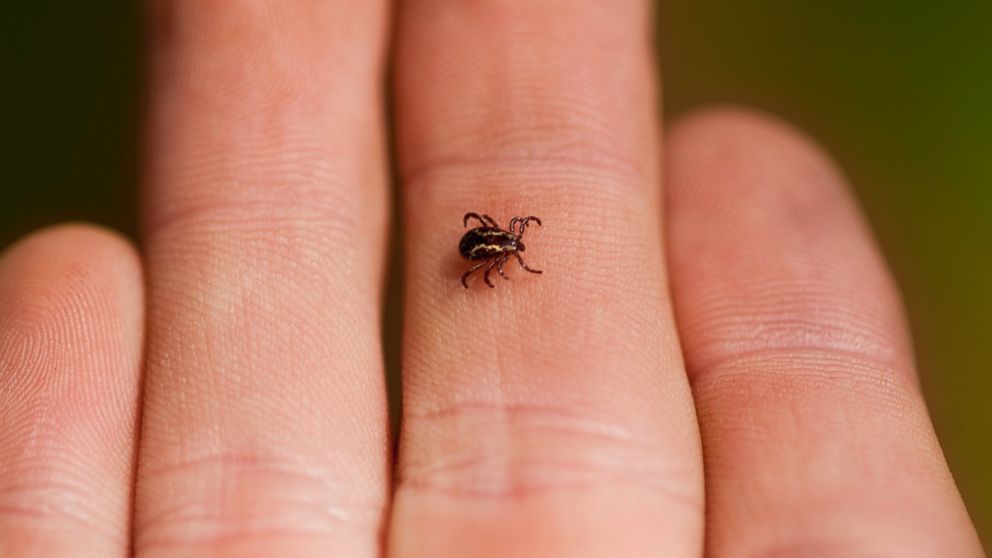In June of 2014, a Kansas Farmer was admitted to the University Of Kansas Hospital in Kansas City. The Farmer presented with symptoms of fever, malaise and other typical symptoms of Tick Borne disease. According to Dr. Dana Hawkins, M.D., who treated the patient, he also presented with anorexia. Ten days later, the farmer died from illness which caused lung failure, kidney failure and shock.
The farmer worked outdoors and had a history of tick bites. At the time, the doctors suspected a tick-borne illness due to his history and symptoms. Blood tests had shown elevated liver enzymes, with very low platelets and white cells. The symptoms were similar to other diseases like Rocky Mountain Spotted Fever or ehrlichiosis. But tests came back negative for those diseases.
Dr. Hawkinson suspected another, recently discovered tick-borne illness caused by the Heartland virus and sent blood samples to the C.D.C. for testing. But those tests also came back negative.
Together, Centers for Disease Control and Prevention (CDC) and University of Kansas Hospital researchers identified the virus as a thogotovirus, part of a larger type of viruses called orthomyxoviruses, Dr. Hawkinson, said in a video statement.
“Bourbon virus”, named after Bourbon County, Kansas, where the only known patient resided, is similar to viruses seen previously in Eastern Europe, Africa and Asia, said Dr. Hawkinson, but nothing like it had ever been identified in the Western Hemisphere before.
He called the experience of working with the virus frustrating, as the lack of understanding of the illness left many questions for both the patient’s family and the researchers. “We don’t know the full spectrum of disease because it’s the first case,” he said. For example, no one knows whether or not the disease is usually deadly or if there could be more mild cases from which future patients could recover.
According to a press release from the Kansas Department of Health and Environment, scientists are planning to test for Bourbon virus in other local residents with similar symptoms, but who tested negative for other diseases in the past. They also plan to collect and test ticks for the new virus.
Although the Bourbon Virus has similar symptoms as other tick-borne illnesses, it can’t be treated with antibiotics as other tick-borne diseases because it is transmitted by a virus. The Kansas patient did not respond to traditional therapies after testing negative for typical tick-borne diseases at the University Of Kansas Hospital, New York Times reported.
“I think we have to assume this has been around for some time, and we haven’t been able to diagnose it,” Dr. Hawkinson said. “We suspect there have been milder cases and people have recovered from them, but we don’t have a lot of information.”
Lyme disease is the most common tick-borne illness in the U.S., with over 27,000 confirmed cases in 2013. Cold weather typically keeps ticks and disease-transmitting insects at bay, but from April to September, Hawkinson said, be sure to protect yourself by wearing long clothes and insect repellent when you could be exposed, and to do a thorough tick check after returning home.
The video release from the University Of Kansas Hospital.
Source:
